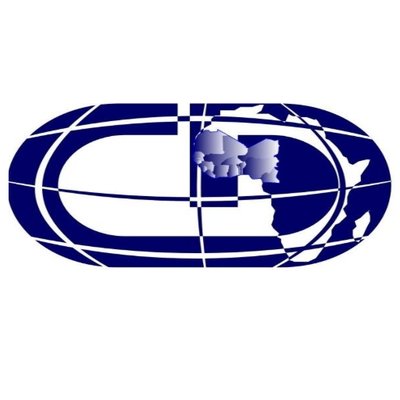The Centre for Democracy and Development (CDD) has said that Nigeria’s democracy is still experiencing major setbacks and that Nigerians have not benefited from the dividend of democracy despite 22 years of unbroken democratic governance.
This was contained in a report “Democracy Watch Reports”, a compilation of reports that examine the state of democracy in Nigeria since May 1999, formally unveiled on Monday in Abuja.
The CDD Director, Idayat Hassan, while giving an overview of the report regretted that unlawful killings have become a common place in the country since 1999, and that many of these killings were perpetrated by security forces.
“When you look at all the indexes put together that actually benchmark Nigeria’s performance on civil and political rights, you will find that we deteriorated, especially the last five years. Democracy has not translated into significant improvement in civil liberties and the economy in Nigeria after 22 years.
“Despite 22 consecutive years of democratic rule, “it is still going to be a long walk to freedom” for Nigerians because democracy had not improved the economic and human rights situation of Nigerians.
“Although we appreciate the improvements in the conduct of periodic elections even though it is still far from the ideals, there has not been much improvement in civil liberties and the economy of Nigeria.
“This is really disturbing because it is civil liberties that translate to improvement in governance and a more viable economy. Similarly, it is the exercise of civil liberties that manifests in the demand for accountability and ensures controls for corruption,” Hassan said.
On the unlawful killings, she said that the act go largely unpunished, partly due to Nigeria’s Force Order 237, which allows officers to use lethal force in ways that contravene international law, and because of government corruption and a prevailing culture of impunity.
“Successive governments in Nigeria have used unlawful killings to quell secessionist upheavals and terrorist activities, a practice that was exacerbated during President Muhammadu Buhari’s tenure -such as the unlawful killing of 350 Islamic Movement of Nigeria (IMN) members by the Nigerian army in 2015.
“It is pertinent to state that extrajudicial killings conducted by state actors has become the primary cause of death in the country. In fact, state actors have cumulatively killed 13, 241 people since 2011,” she said.
She also said that over 70 percent of the prison population is made up of detainees awaiting trial, with over 20 per cent awaiting trial for more than a year.
On the fight against corruption, Hassan said there have been some notable improvement in the last 22 years, particularly the setting up anti-corruption institutions, adding that the number of prosecutions in the last couple of years has increased.
Delivering the keynote, the Director of Africa and West Asia of the International Institute for Democracy and Electoral Assistance (IDEA), Prof. Adebayo Olukoshi, expressed concerns that despite efforts of election management body, Nigeria has continued to witness an assault on its electoral integrity, including significant social and development deficits.
Olukoshi, who spoke on “The State of democracy in Nigeria over the past two decades”, emphasized the need for the country to redefine it process of democratization.
“Democracy in out context must be able to deliver employment, development and give citizens a hope of social mobility and therefore, a perspective for the future. If we don’t do that effectively, our quest to strengthen and consolidate democracy will amount to jumping on the same spot which means we won’t make any progress. Our parties must develop policies to confront challenges in the country,” Olukoshi said.
On his part, INEC’s Resident Electoral Commissioner (REC), in Niger State, Prof. Samuel Egwu, said that democratic politics in the country though yielded some dividends also reveals the long miles needed to cover.
Egwu said, “We have seen a flowering of civil and political liberty to some extents, we have seen regular and periodic elections with some degree of improvement in our procedures, and have begun to see the increasing level of competition for power, acceptance of defeats for those who lost and we have seen elections that are very competitive in nature, which you can’t tell the outcome till it’s conducted.
“However, I think the major lacuna in our experience so far is that we have not been able to bring so much benefits to people in terms of expectations for material uplifting and this raises another question of expectation of democracy.”

 Join Daily Trust WhatsApp Community For Quick Access To News and Happenings Around You.
Join Daily Trust WhatsApp Community For Quick Access To News and Happenings Around You.
